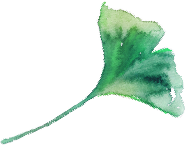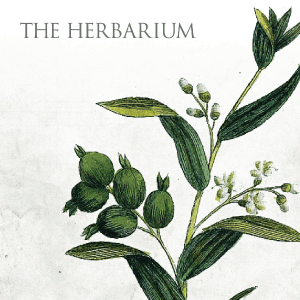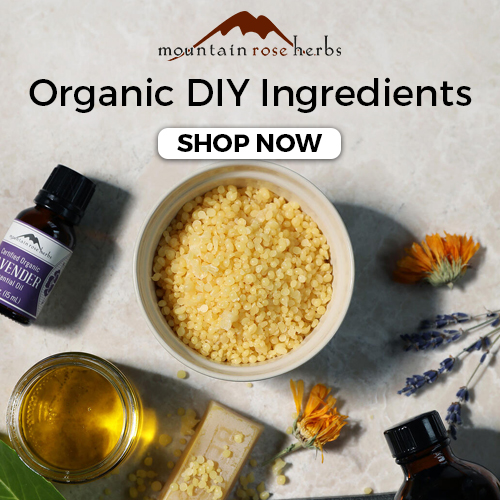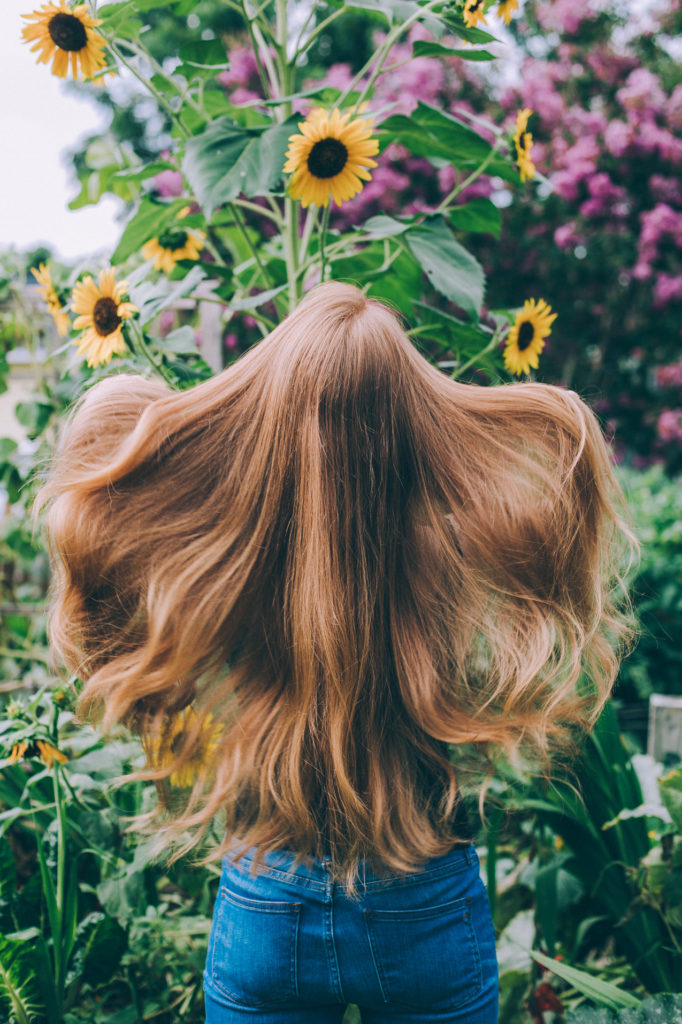
As a follow up to my recent post on Botanical Infused Hair Oil for Long Strong Locks, I wanted to layer in the second half of what contributes to strong, healthy hair and that includes good nutrition and optimized digestion. It’s often more convenient to rely on only topical products to enhance the way our hair looks and feels, and some good quality hair products are beneficial for scalp health and to strengthen and nourish damaged hair strands (botanical oils work really well for that!). But my foundational practice for long strong locks is what I’m putting in my body everyday, and I focus heavily on nutrition and digestive support to make sure that, 1) I’m getting in all of the essential nutrients, vitamins, healthy fats and minerals that I need to maintain healthy organ systems, detoxification pathways and energy levels and, 2) I’m able to actually absorb all of the things I’m eating. It’s a common saying, “You are what you eat”, but it’s more accurate to say, “You are what you absorb”, and if we have impaired or compromised digestion, this can dramatically affect how our hair, skin and nails show up.
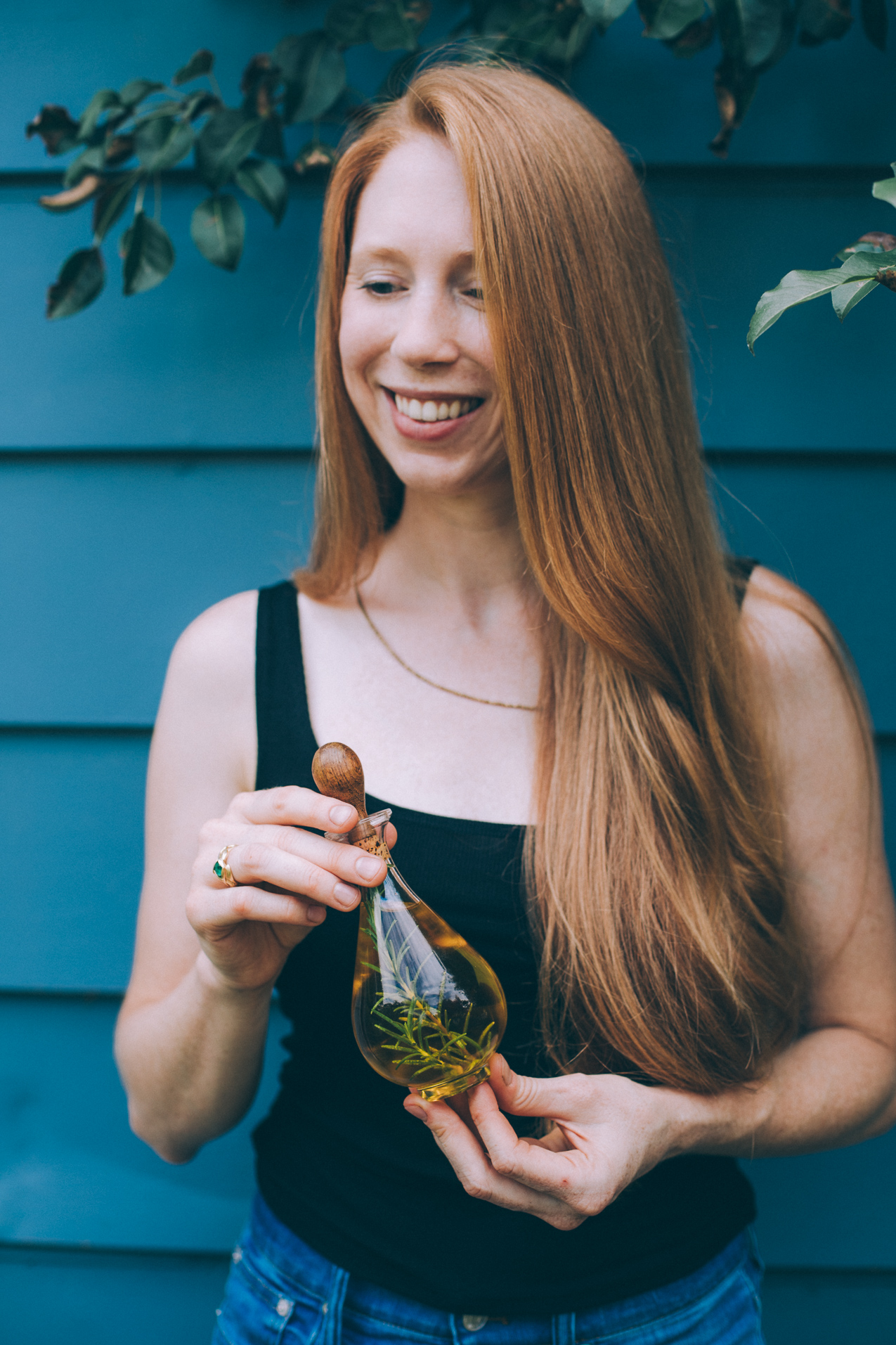
Nutrition for Healthy Hair
As part of my foundational routine, I always incorporate whole, fresh foods into my diet every day with a variety of color and proteins (both plant based and animal) along with nutrient rich whole grains, legumes and healthy fats. As soon as my digestion starts to get a little out of whack, I notice it in the texture of my hair (and also my nails) and this is a sign that I’m not absorbing the nutrients I need. Your body speaks to you in little whispers like subtle hair and nail changes, and those little whispers are always telling you something that you should be paying attention to. Also, keep in mind that nutrition and digestive health are not the be-all-end-all solution for healthy hair. Sometimes other health considerations need to be addressed too such as hormone balance, stress, and immune system support. Everyone may require something different, physiologically. Here are a few recommendations to maintain long strong locks from a nutritional and herbal medicine perspective:
Healthy Fats: I can’t stress enough how important healthy fats and essential fatty acids are for hair health (and for so many other things, too!). When we have dry, damaged or brittle hair, that is a classically dry and deficient condition. Healthy fats are not only feeding and structurally supporting our cellular membranes but they’re providing that much needed moisture into our bodies to help balance out those dry conditions. Fats are one of our three dietary macronutrients (along with carbohydrates and proteins) and are essential for us to absorb our fat-soluble vitamins A, D, E & K. Avocado’s, coconut oil, olive oil, walnuts, almonds, salmon, flax seed, chia seeds and hemp seeds are all great sources of healthy fats and a variety of these should be consumed daily. I often eat at least 1/2 an avocado or 1 tbsp freshly ground flax in a summer morning smoothie just to start off the day. A handful of walnuts and coconut butter also find their way into my snacks on the regular. Of course, everything in moderation. The amount of fats you should consume daily is different for each person and lifestyle, and your nutritionist or dietitian can help figure that out for you.
Essential minerals zinc, magnesium, potassium and selenium. If you’re eating a moderate portion of at least 5 different colors every day of whole foods, fruits and vegetables, you’re probably getting what you need in terms of essential minerals. All of these minerals are abundant in spinach, rainbow chard, carrots, nuts and seeds, legumes (especially lentils!), broccoli, sweet potatoes, black beans, whole grains (like quinoa, amaranth, wild rice), tomatoes, blueberries, bananas, sunflower seeds, peppers and mushrooms. Focus on COLOR, fresh vegetables and fruits and variety for each and every meal. Even a small amount consistently adds up over time!
Biotin – biotin is one of the most beneficial nutrients for healthy hair, and it’s abundant in so many whole foods including walnuts, eggs, almonds, sunflower seeds, bananas and avocado’s. As you’ll notice, all of these biotin rich foods cross over into other categories for healthy hair like minerals, healthy fats and also proteins (hence why we should never pigeon hole foods – they’re supportive in such comprehensive ways).
Protein: proteins provide all of the amino acids we need to build strong muscles, organs and hormones so that we can function optimally and with adequate energy. Variety is key when it comes to proteins, as many protein rich foods are so abundant in nutrients that we also need for hair health. Some of my favorite proteins that pack a powerful nutrient punch include lentils, quinoa, walnuts, Brazil nuts, eggs, organic yogurts, organic turkey and chicken, salmon and black beans. Personally, I also eat organic red meats about two or three times per month for the extra iron.
And, obviously, WATER! As a general rule of thumb, take your body weight, divide by 2, and that’s the minimum amount of ounces you should drink daily. (Ex, if you’re 120lbs = 60 ounces of water at minimum). Herbal tea counts towards this too, as long as it’s not a tannin rich tea like black tea.
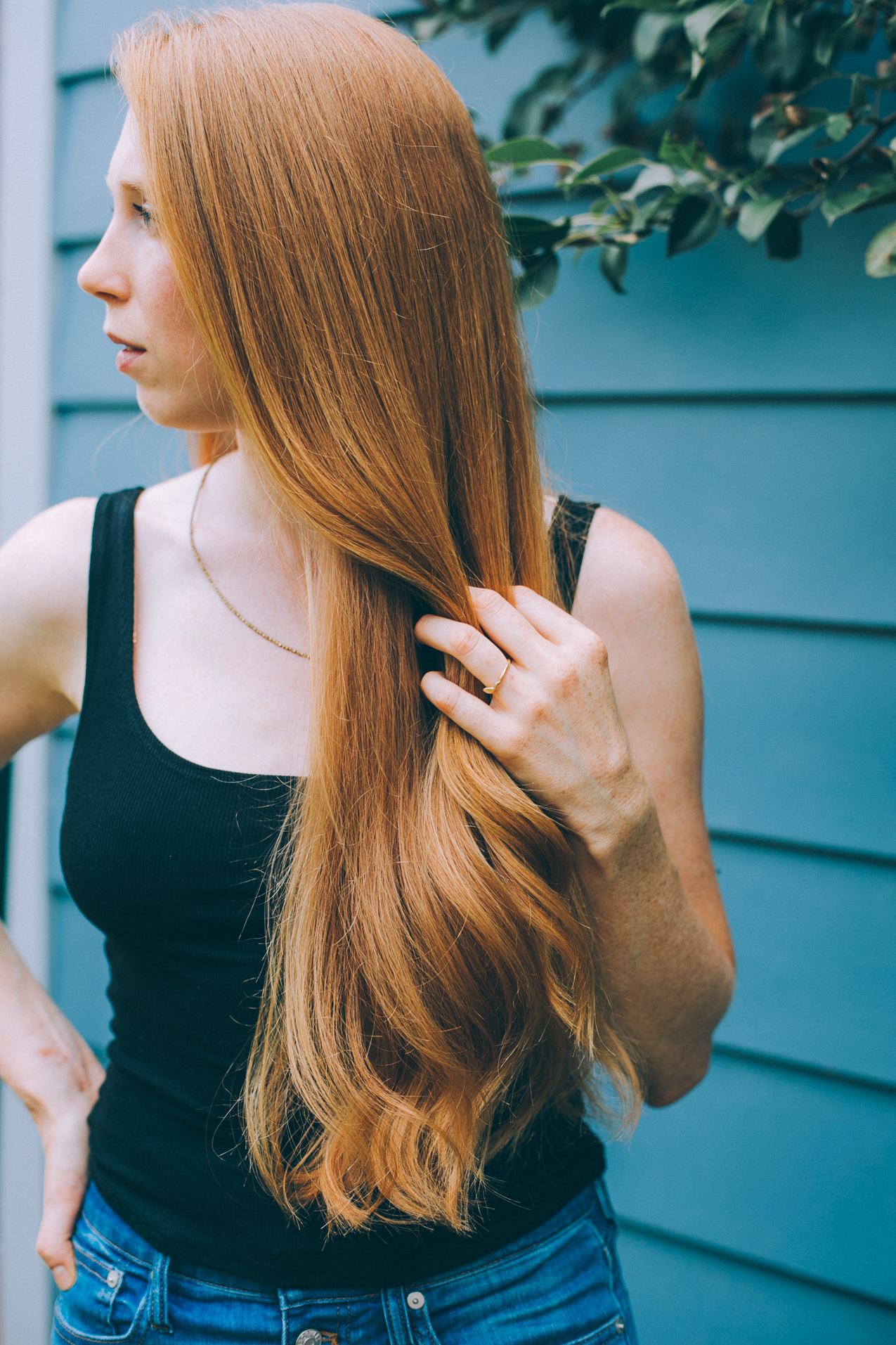
Herbs for Healthy Hair
Aloe vera – Aloe leaf, when taken internally, helps to increase the absorption of nutrients by almost 20x and provides a soothing, cooling and mucilaginous effect throughout the entire gastrointestinal tract. This helps to calm inflammation and irritated or inflamed tissues and promote daily bowel movements to eliminate toxins and maintain a thriving probiotic/saccharomyces balance in the large intestines and colon. Aloe vera itself is packed with nutrients and minerals that you also absorb, making it a powerful ally for both digestive health + nutritional intake. When there is any sign or indication where malabsorption is an issue, aloe is one of my first recommendations.
Chamomile: Matricaria recutita is one of my personal favorite digestive modulators, being a calming and slightly cooling herbal remedy for irritated or over-active digestive states. Often if folks have a rapid digestion (i.e frequent diarrhea) or volatile and reactive GI tracts, chamomile helps to calm the spasms of the gut, allowing more time for nutrients to be absorbed via the small and large intestines, and offering an energetically cooling quality to an otherwise hot (overactive) gut.
Nettle – literally jam packed with nutrients, Urtica dioica is like a multi-vitamin in herb form that is incredibly easy for folks with compromised digestion to absorb. It is also high in kidney nourishing minerals potassium, sodium, zinc and magnesium. Adding in a nettle tea to your daily routine is such a nourishing and easy way to add essential nutrients into your diet that’s also herby delicious, affordable and easy and quick to do.
Slippery Elm – similar to aloe, Ulmus rubra adds in some much needed digestive support with it’s soothing and mucilaginous quality for irritated or inflamed digestion. Slippery elm itself is (not surprisingly) also packed with nutrients including polysaccharides and fiber and I treat this herb much like a food. I add this to teas and also use the powders in nut butter balls for a quick protein rich, healthy fat + nutrient dense snack.

Of course, you don’t have to eat every single one of these foods every day to maintain healthy hair. Think of the big picture within your weekly diet and also within your daily diet, get in as much variety as possible if these foods are affordable and available to you. I’m always a proponent of getting in nutrients via food before supplements, however high quality, food based, organic supplements can also be a good option to increase some of the minerals and nutrients on a daily basis. It may also be beneficial to have your nutritionist, dietitian or PCP do a mineral or vitamin panel before beginning to supplement so that you know exactly which nutrients and foods you need to focus on the most. Remember, foods and herbs serve as allies in your health journey and each one of us may require something a little different.
Photography by Renee Byrd
